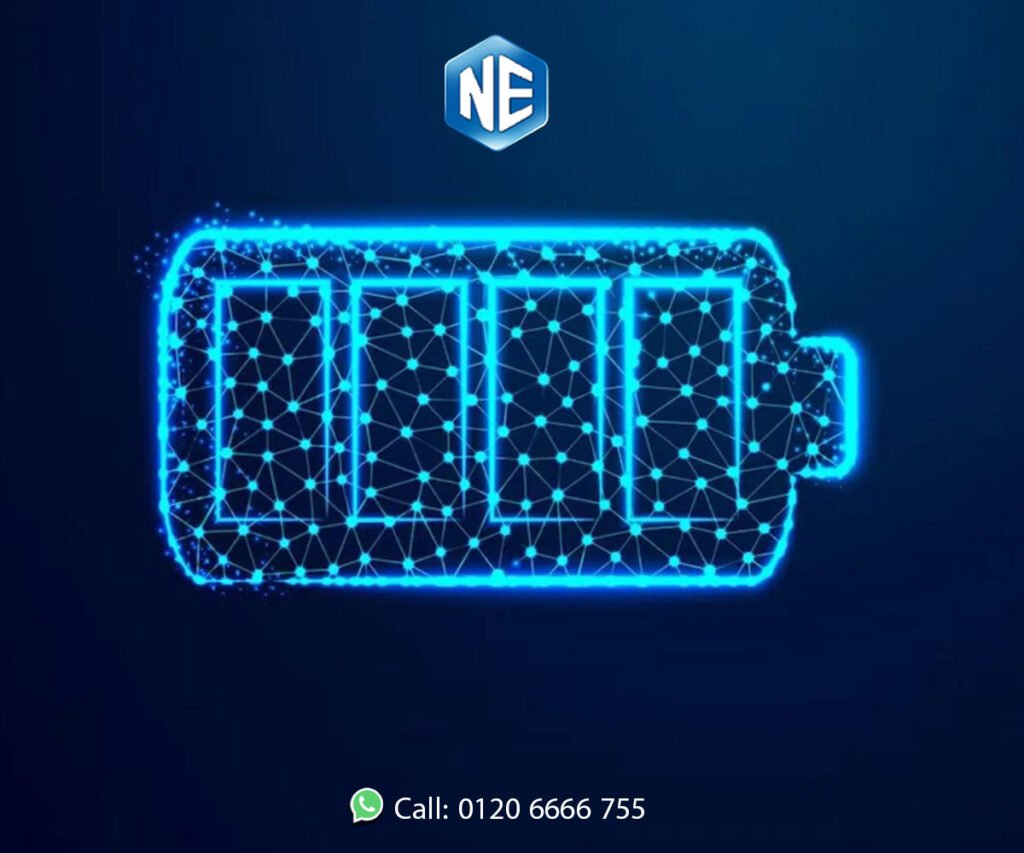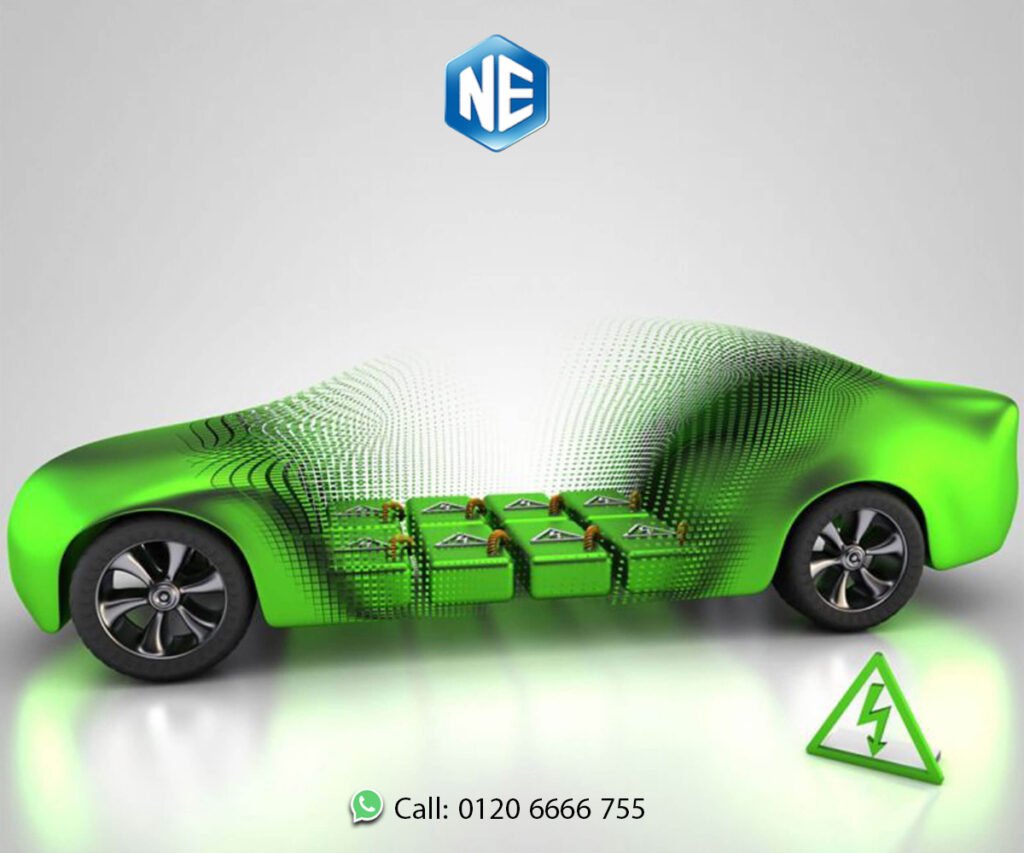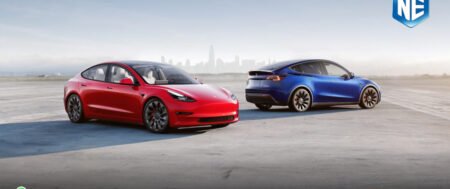Electric vehicles (EVs) are revolutionizing the automotive industry, and at the heart of every EV is its battery. Choosing the right battery type is crucial for performance, range, charging time, and lifespan. This article explores the different types of electric vehicle batteries, their advantages, limitations, and where they are commonly used.
1. Lithium-Ion (Li-ion) Batteries
Li-ion batteries are the most widely used batteries in modern EVs. They offer high energy density, long life cycles, and fast charging capabilities. Tesla, Nissan, and many other manufacturers use Li-ion technology in their electric cars.
- Pros: Lightweight, high efficiency, fast charging
- Cons: Costly, sensitive to temperature

2. Nickel-Metal Hydride (NiMH) Batteries
NiMH batteries were commonly used in early hybrid vehicles like the Toyota Prius. Though not as energy-dense as Li-ion batteries, they are more stable and have a longer shelf life.
- Pros: Safe, durable, good performance
- Cons: Lower energy density, high self-discharge rate
3. Lead-Acid Batteries
These are the oldest type of rechargeable battery and are mostly used in low-speed electric vehicles such as golf carts. They are inexpensive but bulky and have a short lifespan.
- Pros: Cheap, reliable for short-term usage
- Cons: Heavy, limited capacity and lifespan
4. Solid-State Batteries
This is a developing technology that promises to change the future of electric mobility. Solid-state batteries replace the liquid electrolyte with a solid one, enhancing safety and energy density.
- Pros: Safer, compact, high energy density
- Cons: Expensive, still in R&D phase

5. Ultracapacitors
While not batteries in the traditional sense, ultracapacitors are used in EVs to assist batteries by providing quick bursts of power during acceleration and regenerative braking.
- Pros: Quick charge/discharge, long lifespan
- Cons: Low energy density
Choosing the Right Battery for an EV
The type of battery used in an EV depends on the application. High-performance vehicles may benefit from Li-ion or solid-state batteries, while affordable EVs may still rely on lead-acid or NiMH technology.
If you’re planning to convert your car to electric or upgrade your EV battery, consider visiting this guide for more insights: Electric Motor Kit Guide
Conclusion
The electric vehicle battery market is growing rapidly, with innovations happening every year. Whether you’re a buyer, a car owner, or a business, understanding the different types of EV batteries helps you make informed decisions for a sustainable future.
Focus Keyword
electric vehicle batteries types






